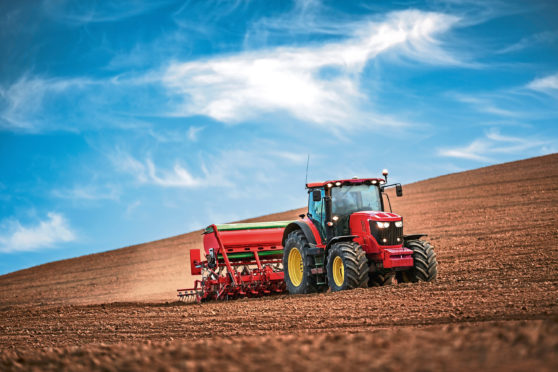The UK should put punitive tariffs on agricultural products in the event of a no-deal Brexit to limit cheaper imports and protect farmers, the Scottish Affairs Committee has urged.
Warning the UK could be “flooded” by EU food products without tariffs because Scottish farmers would be “out-competed domestically by cheaper imports”, the committee called on the government to reconsider its proposals for the industry.
Clarity over how post-Brexit agricultural funding will be determined for the UK’s nations was also criticised after the UK Government rejected using a proposed new system where a nation’s proportion of Less Favoured Areas land (LFA) would be a key feature in determining how much funding it receives.
The comments from committee chairman Pete Wishart, in a letter to Environment Secretary Theresa Villiers, pointed out that the government has announced changes to its temporary tariff regime to support businesses which supply HGVs, bioethanol and clothing.
“During our inquiry, we were alarmed by the overwhelmingly negative reaction Scotland’s farming sector had to the government’s temporary no-deal tariffs, which appear to provide significantly less protection than the current regime and could lead to serious ramifications for businesses and consumers across the UK,” said Mr Wishart.
“If the government is able to change its tariffs to support other industries such as transport and textiles, it must take similar action for farmers and ensure that the UK market is not flooded with cheap low-quality imports.”
Demanding further clarity over the future of farm funding post-Brexit, Mr Wishart acknowledged “the government has taken a serious and positive approach to securing the financial future of Scottish agriculture”, but asked for more detail about how funding would reflect the different challenges each nation faces from the quality of their land.
The SNP MP said: “I am concerned that the government has not set out concrete proposals on how it will achieve this.
“If the government believes LFA is not a suitable method for distributing funding, it must say what it wants to use instead and share these proposals with the farming sector as soon as possible.”
The letter also discusses the UK Government’s Seasonal Workers Pilot, which allows 2,500 workers next year but has been described as “insufficient” to meet industry needs.
